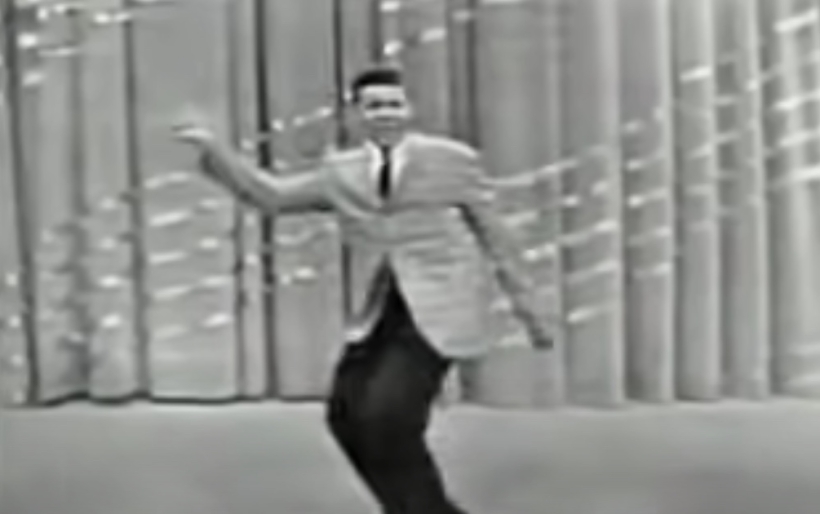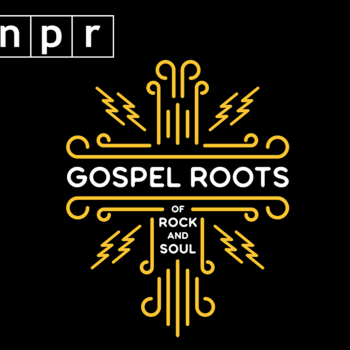Accounts vary as to how “The Twist” first came to the attention of Dick Clark, but sometime in early 1960 he told his friend, Cameo Parkway owner Bernie Lowe (real name Bernard Lowenthal, 1917–93), that Ballard’s record was catching on and he needed a less suggestive version to play on TV. Cameo Parkway chose to do a cover by Ernest Evans, an aspiring South Philadelphia singer known for his talent for impersonating other vocalists. Previously, in late 1958, when Clark had asked Cameo Parkway to make a singing Christmas card that he could send out as a holiday greeting, the company had Evans record impersonations of popular artists singing “Jingle Bells.” It was during rehearsals for this Christmas record that Ernest Evans became “Chubby Checker.” Dick Clark’s wife, Barbara (b. 1930), heard Evans, who was a bit pudgy at the time, mimicking singer and pianist Antoine “Fats” Domino (1928-2017) and, in a play on “Fats Domino,” she christened him “Chubby Checker.” Cameo Parkway followed up Checker’s 1958 singing Christmas greeting by having him record “The Class,” a novelty record in which he mimicked various rock and roll artists singing “Mary Had a Little Lamb.” “The Class” was a minor hit in 1959 and paved the way for Checker’s cover of “The Twist.”
Chubby Checker’s version of “The Twist,” recorded in June or July 1960, was almost an exact copy musically of Hank Ballard’s, but with heavy promotion by Cameo Parkway and Dick Clark, both hit-making machines in this period, it became a smash hit. Dick Clark had two national TV shows at this time: American Bandstand, his daily weekday show from Philadelphia, and The Dick Clark Show, a Saturday night program broadcast from New York City. Clark began playing Checker’s version of “The Twist” on American Bandstand in the summer of 1960 and then had Checker appear in person on The Dick Clark Show on August 6, 1960, to lip-synch and dance to it. The record went to number one on the pop charts that September and spawned a craze that forever changed the way people danced.
Prior to “The Twist,” most dancing was done by couples who executed their steps while holding one another as partners. “The Twist” fundamentally changed this, ushering in a new “open” type of dancing in which people danced apart, not touching. “The Twist” became a huge dance craze in the early 1960s, cutting across generational and class lines, practiced by teenagers and adults, from the working class to the social elite. Other record companies cashed in by putting out their own twist records, and Chubby Checker had follow-up top ten hits for Cameo Parkway with “Let’s Twist Again” in 1961 and “Slow Twistin’” in 1962, the latter a duet with singer Dee Dee Sharp (real name Dione LaRue, b. 1945). In between these hits, his original 1960 recording of “The Twist” shot back up to number one in January 1962. “The Twist” also launched Cameo Parkway’s period as a national trendsetter in teen dance music, with dance hits such as “Mashed Potato Time,” “The “Watsui,” “The Bristol Stomp,” and many others in the early 1960s. By this time “The Twist” had entered the mainstream, becoming part of American popular culture and a longtime staple at dances, weddings, and parties.
Quite a long way for a song with origins in the southern black gospel tradition.

